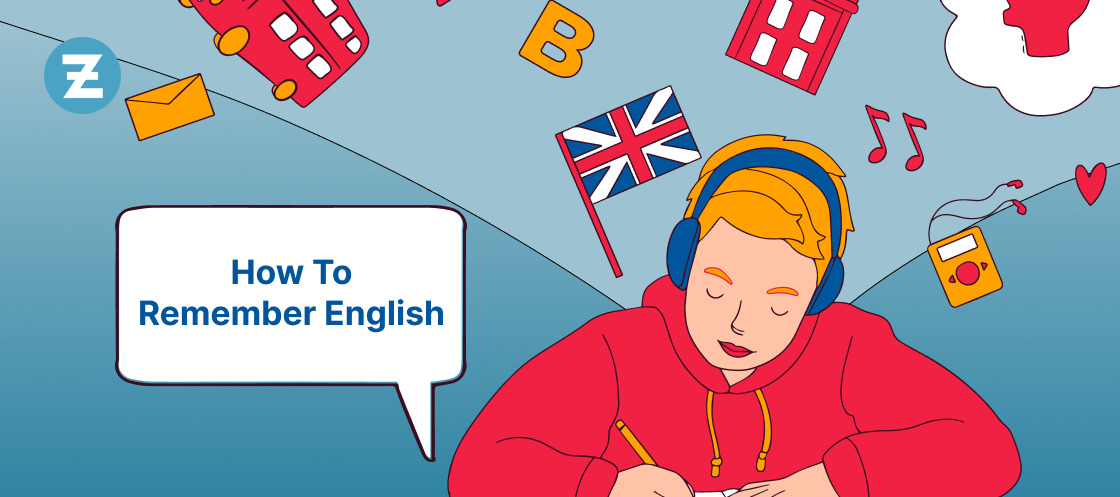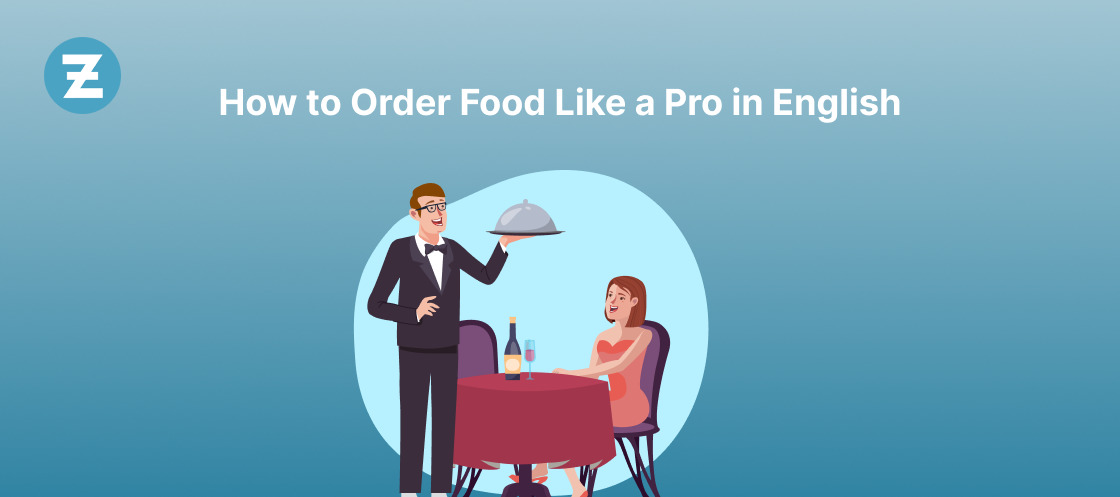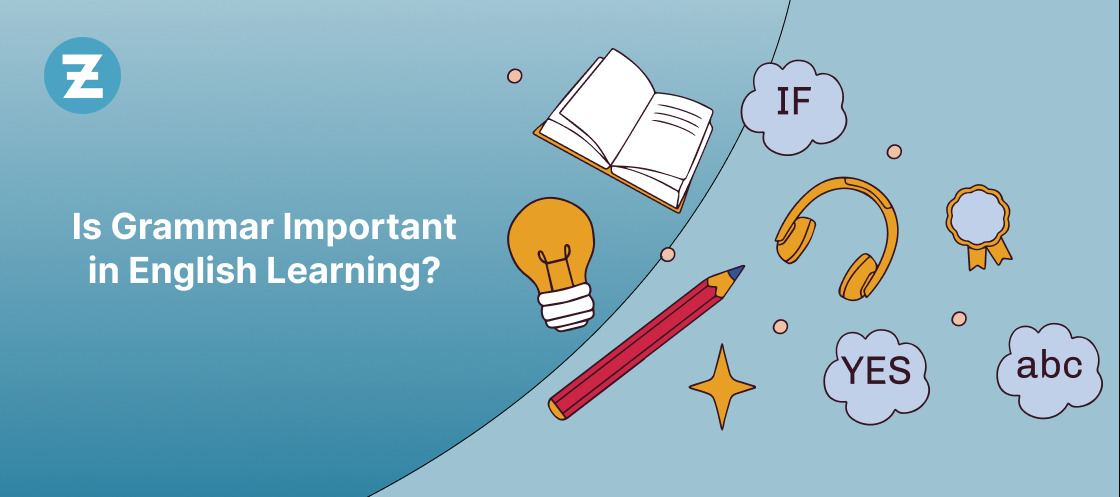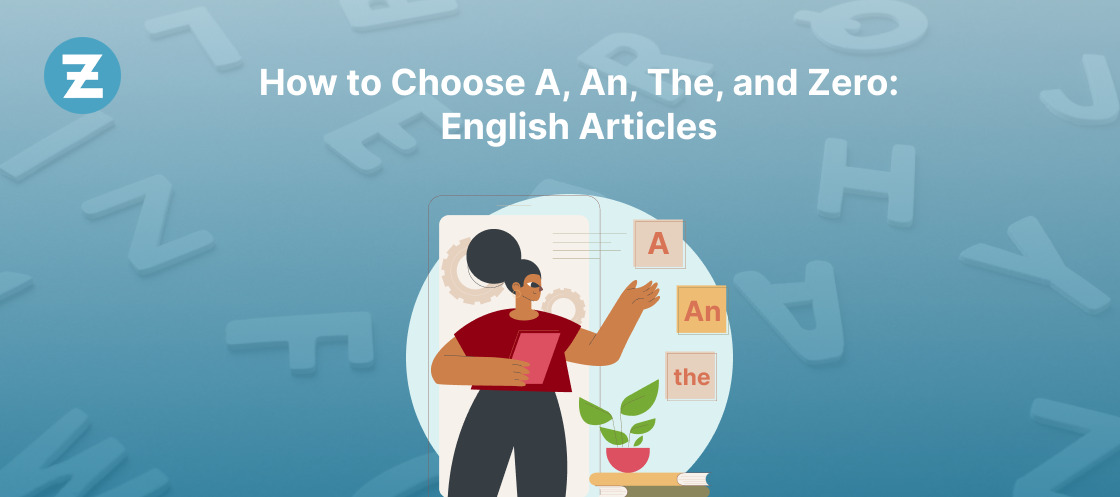Apologizing is an essential part of life and an effective way to show remorse or regret toward someone else. Uttering the right words after a misstep, big or small, can significantly impact how your apology is accepted. This blog post offers different ways to say sorry in English.
Apologies
Sometimes, saying sorry isn’t enough to express how we truly feel about a situation. Apologies can be used to express regret, repentance, and even remorse. We express deeper understanding and compassion by using the word’ apologies.’ Saying ‘Apologies’ can be effective when taking full responsibility for your actions and mistakes.
Pardon
Pardon is a word often used in place of “sorry.” It is a polite way to acknowledge a mistake or an offense that has been committed. For Example, if you are talking to someone and accidentally step on their foot, you might say, “Pardon me!” instead of “I’m sorry.” The word “pardon” means you are asking for forgiveness for the mistake but not taking full responsibility for it.
Another situation in which it is appropriate to use the word “pardon” is when you are asking someone to repeat themselves. For Example, if you don’t understand or listen to what the other person said in a conversation, you might say “Pardon?” instead of “Sorry, what did you say?”.
Excuse me
“Excuse me” is a polite and respectful way to express consideration and gain someone’s attention. It can be used to apologize after accidentally bumping into someone or making a request. By saying “Excuse me” respectfully and respectfully, you show that you know the other person’s feelings and needs.
My mistake
Using “my mistake” in various situations can be a way of taking responsibility for a mistake, error, or transgression. Instead of apologizing, saying “my mistake” can acknowledge the situation and let the person know you accept responsibility. For Example, if you provide customer service and make a mistake, you can say “my mistake” instead of sorry. This shows that you are aware of the situation and accept responsibility.
Oops
“Oops!” is an informal way to apologize while expressing disappointment or regret. It can be a good substitute for “sorry” when an apology isn’t called for. For instance, if something is spilled by mistake, “Oops!” is a good way to demonstrate that it was just an accident and not anything to be alarmed about.
Regretful
Expressing remorse, repentance, or regret, ‘regretful’ is often used when ‘sorry’ isn’t enough. It conveys that the speaker is truly sorry and wishes they could undo their actions. For instance, when someone has inflicted great pain, one might say, “I am profoundly regretful for what I have done.”
I Feel Bad
Expressing regret and sympathy with “I feel bad” is a more compassionate way to convey your emotions. This phrase conveys more emotion than simply saying “sorry” and shows you understand how the other person feels.
Please Forgive Me
When someone has committed a serious mistake, “Please forgive me” is often more appropriate than “Sorry.” This phrase acknowledges the seriousness of the mistake and expresses a desire to repair the relationship. For instance, if a friend has been lied to by another friend, then saying “Please forgive me” is more appropriate than simply saying “Sorry.”
I apologize
In some situations, it may be more appropriate to use “I apologize” rather than “sorry.” While “sorry” is more of an expression of regret, “I apologize” is a stronger form of apology. It is often seen as more sincere and acknowledges that we understand the impact of our wrong behavior.
For Example, let’s say that you accidentally stepped on someone’s toes in a crowded subway station. After apologizing with “sorry,” you may follow up with “I apologize for my carelessness.” This phrase conveys an understanding of the severity of the situation and expresses that you are truly sorry for your mistake.
I’m Remorseful
When we are truly sorry for something, it is important to express our remorse sincerely and meaningfully. Saying “I’m Remorseful” conveys a greater degree of sorrow and regret, making it a more powerful apology.
For Example, if you were in a situation where you made a mistake that caused someone else a lot of pain or suffering, you should express your remorse more meaningfully. Saying “I’m Remorseful” in this situation would show your deep regret and sorrow and be a more sincere apology.
It Was Unintentional
It is easy to say sorry when we do something wrong, but if our mistake was unintentional, saying sorry may feel inadequate. In this situation, it is best to use the phrase “It was unintentional” instead of “sorry.”
For Example, let’s say you accidentally knock over someone’s coffee while walking in a crowded hallway. Saying sorry may seem like it’s not enough to show your remorse, so you can use the phrase “It was unintentional” to express your regret.
That’s My Fault
The phrase “That’s my fault” is a great way to take responsibility for a mistake or misstep rather than merely saying “sorry.” It conveys a sense of ownership, recognizing that we are responsible for our actions and our behavior has consequences.
For Example, let’s say you forget to pick up your friend from work, causing them to find another way home. Instead of saying, “I’m sorry,” you can say, “That’s my fault.” This shows that you are taking ownership of the situation rather than expressing regret.
Beg your pardon
Beg your pardon is an old-fashioned way to say sorry, but it can be used when a more formal apology is necessary. For Example, it’s typically used when someone has made a mistake or offended someone else. It’s a polite way of expressing regret and offers a degree of humility.
For Example, your colleague has just said something you disagree with, but you don’t want to start an argument. In this situation, you might say, “Beg your pardon, but I don’t think that’s the case.”
My Bad
Using My Bad instead of Sorry in certain situations can be appropriate. For Example, if you forget to do something you had agreed to for a friend, saying “My bad” can show them that you understand it was your responsibility and that you regret making a mistake. It’s a way of accepting the blame for your mistake without going into a long explanation or getting defensive.
My Bad is often used when a person is trying to be humorous or lighten the situation. For Example, if someone bumps into you on the street, saying “My bad” can take the edge off what could be an awkward moment.
I Regret That
When we say ‘I regret that,’ we express our regret more sincerely than when we say ‘sorry.’ This is because ‘I regret that’ is an acknowledgment of our mistake and a recognition of the consequences that our mistake has caused. By saying ‘I regret that,’ we are taking responsibility for the mistake and showing that we are genuinely sorry.
For Example, you’ve made a mistake at work, and it has caused your boss to lose time and money. When you meet with your boss, instead of just saying ‘sorry,’ you could say, ‘I regret that I made a mistake and cost you time and money.’ This shows that you understand the gravity of the mistake and are truly sorry for the consequences of your actions.
I Beg Your Forgiveness
When expressing genuine regret, “I beg your forgiveness” is appropriate when someone has been wronged or hurt more seriously. This might include situations such as where someone has been betrayed or lied to or where someone has been deeply hurt or disrespected. However, in these cases, saying “I’m sorry” can feel too casual and might not convey the right sentiment.
I’m Sorry For The Inconvenience
In situations where someone has been put out or inconvenienced by a mistake you’ve made or by a situation that you have caused or been involved in, an apology is necessary. Saying “I’m sorry for the inconvenience” is more heartfelt than simply saying “sorry” because it acknowledges the trouble the other person has been through. It also shows that you take responsibility for the situation.
For Example, if you’re late to a meeting, you can apologize by saying, “I’m sorry for the inconvenience.”
That Was Thoughtless Of Me
That was thoughtless of me. It’s a phrase many of us have uttered at one time or another, usually as a response to our actions or words that have caused someone else discomfort or pain. It’s a phrase that recognizes the hurt we caused and is a sign of our willingness to do better in the future. In today’s world, it’s often more meaningful than simply saying “sorry,” It can show that we are genuinely remorseful for our actions. For Example, if a friend is upset because you forgot to call them back after they left a message, you could say, “That was thoughtless of me. I’m so sorry.” This is a much more meaningful apology than simply saying “sorry,” It shows that you’ve taken the time to recognize that you’ve made a mistake and are willing to make amends.
That was careless of me
“That was careless of me.” This phrase implies that your mistake was unintentional and that you didn’t mean to hurt anyone or do anything wrong. It’s a good option when you know you’ve made a mistake, but it wasn’t malicious or intentional. For Example, say you are out to dinner with friends and accidentally spill your drink. Instead of apologizing and saying, “I’m sorry,” you could say, “That was careless of me.”
I Didn’t Mean To Do That
The phrase “I didn’t mean to do that” is a great way to express regret without apologizing. It’s a gentle way to acknowledge that you did something wrong without explicitly apologizing. It’s a way to let the other person know you understand the hurt you caused without mentioning the mistake. For Example, if you accidentally sent an email to the wrong person, you could say, “I didn’t mean to do that; I’m sorry for the inconvenience.”
That Was My Error
“That was my error” instead of “Sorry.” This phrase can help express acceptance of responsibility and recognition of the mistake’s impact without the blame-game connotations of “Sorry.” For Example, if you are having lunch with your colleagues and accidentally bump into someone’s chair, you can say, ‘That was my error.’
To wrap things up
In this blog, we have discussed different ways to say sorry in English in a creative way. Additionally, you can improve your English with the help of online language apps such as Zoundslike, which is available on both the Play Store and App Store. So, download the app and start your English journey today!








